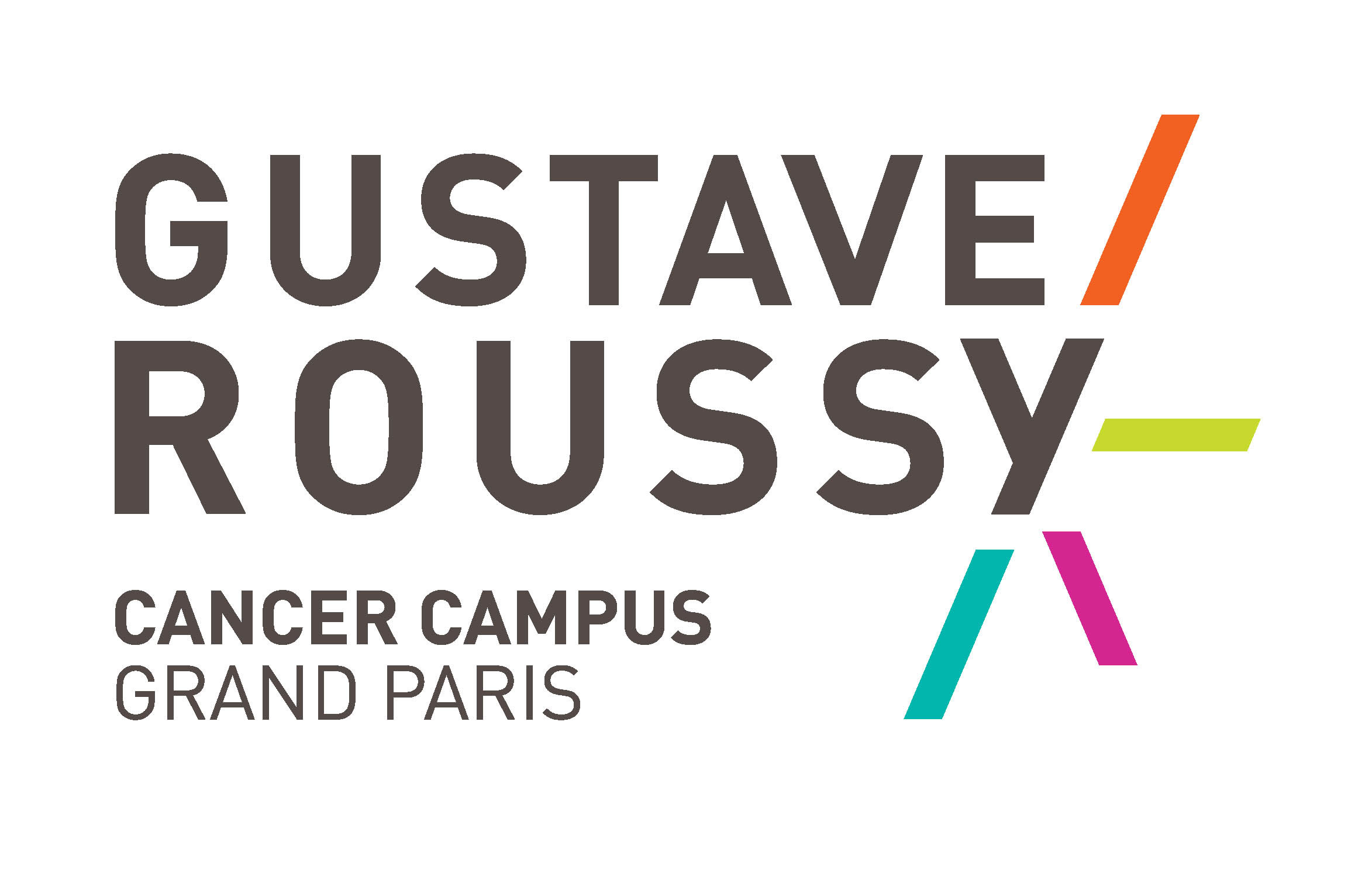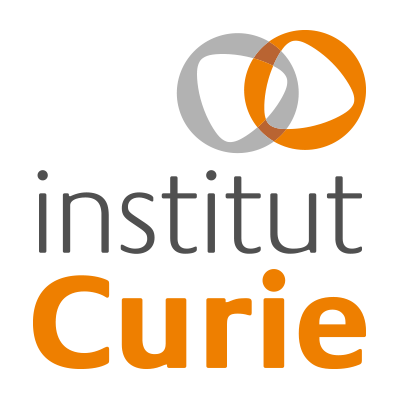
Knowledge base
Cancer treatment is becoming more and more personalized
The so-called cause therapies started to play a more dominant role in treating cancer. Among the answers to the question "how to treat it?", the knowledge of the genetic origin of the tumor is becoming more and more important. We questioned Dr. István Peták, the scientific director of Oncompass Medicine about personalized oncology.
"A study series, published at Nature, revealed the results of highly detailed molecular profiles of cancers, which would allow to further advance tailored cancer treatments - according to the researchers. Is this a new scientific sensation?
The Pan-Cancer Analysis of Whole Genomes Consortium (PCAWG) analyzed over 2,600 tumors for whole genome sequencing including 25,000 protein coding genes as well as genes regulating them. A third of the patients had genetic alterations in non-protein coding genes. Tumor-causing genes were activated by mutations found in the DNA regions that regulate its function.
What does this all mean?
This means that in these cases we can also find the underlying genetic cause of the disease and able to use personalized therapy. By doing so, we can focus on the genetic defects at the molecular level responsible for the tumor rather then the result, which is the tumor itself.
Is it always the genetic defects that cause the tumor to grow?
Yes, it has been proven that not one, but rather, on average 4-5 gene defects are responsible for a given tumor. During cell division the cells replicate their genetic material. During cell divisions mistakes occur, which are then copied to the daughter cells. About 600 genes of the 25,000 are responsible for regulating cell division and cell death. If the genetic defect happens to be in a gene responsible for these or in genes regulating these mechanisms then the cell would go under uncontrolled cell division. This is why it is preferred to test as many genes as possible to see which ones are playing a role in tumorigenesis. If more gene defects are present, the more should be inhibited for better outcome- as our results also confirm. Chemotherapy and radiation therapy do inhibit cell division but are not able to distinguish between healthy and tumor cells.
So how can we focus on targeting only the cells harboring the gene defects that contribute to tumor growth?
Due to random events, certain signaling pathways are being activated instructing the nucleus to keep on dividing. Performing NGS on isolated tumor DNA, we can determine, which signaling pathways out of the 8-10 as well as protein-coding genes are involved, and which drugs could be effective. The process of selecting molecular profile based targeted treatment options is called precision oncology. Based on current knowledge, 6 million mutations within 600 genes are considered responsible for tumor development. When looking beyond the registered 125 targeted drugs, including over 1000 promising compounds under development available mostly in clinical trials, currently, up to 230 genes with any driver mutations are targetable with matching direct targeted drugs. Fortunately, targeted therapies are available for the most common oncogenes.
Which tumors are these?
Instead of tumor indication by organs, it is best to think of the actual cause of the disease. In precision oncology, drugs are searched based on the molecular profile rather then the tumor itself. This is why molecular profiling should be done on each cancer patient. Tumors that harbor targetable genetic defects with available targeted drugs can be treated more successfully. This the case in about half of NSCLC patients.
Now, that all cancer genes are discovered, could you fully evaluate any kind of tumors?
Technically, the whole genome could be sequenced, yet in the clinical practice, only gene-panels with known genes associated with cancer are routinely included. When selecting diagnostic panels there are different factors to take into account therefore not all genes are equally considered.
What types of genetic tests are being carried out during precision oncology?
One needs to consider any previously performed molecular diagnostic results, the tumor indication, the time that went by since the last exam, and previous treatment history that could have changed the molecular profile of the tumor. Based on all this information the tumor board is able to determine whether the patient would need further molecular testing or exisiting results are already sufficient for digital therapy planning. Within the Oncompass Medicine molecular tumor board, I am the molecular pharmacologist-who has a great knowledge about targets and targeted treatments. Besides me, we have a well experienced clinical oncologist, a board-certified genetic counselor and at least 2 molecular biologists, one focusing on the prevalence of gene defects by tumor type, the other focusing on the different types of gene panels available in each country and selecting the right tests that can be carried out from the given tumor samples. Time is of the essence. If there is no time then we focus on the most important few genes, and if we have time, then the most informative panel is recommended including all targetable genes.
Would it be unnecessary to turn to Oncompass Medicine if the patient had already undergone molecular diagnostic testing?
No, it would not be. There are many different panels out there. We can perform digital therapy planning based on existing results using our propriatery decision making sotfware called ""calculator"".
How does the calculator work?
Since, on average 4-5 gene mutations per tumor are present out of the 6 millions, clinicians would need to review and evaluate tremendous amount of information in oder to make the best treatment decision. This is where medical informatics comes into play. Our highly successful, state of the art decision support software gets noticed globally. In addition to molecular profiling, it supports the entire Precision Oncology Program. As a clinician or as a patient, you can register online to the Calculator. In case, the patient registers directly, a consultation will be arranged as well as an evaluation whether he/she would benefit from the precision onology program or not. If so, then with the help of the software, we can assess and evaluate all medical information and molecular results prior to therapy planning. In case the patient or a designated person turns to us, we can contact the treating physician to discuss providing therapy decision support. Our method not only shows which drugs could be effective but also which potentially ineffective drugs should be avoided. When unnecessary treatments could be avoided we can spare patients from suffering while save money for health insurances.
Could treatment strategy decision be helpful when only one gene of interest is tested?
Yes, it could be. We had a specific case when the routinely covered EGFR gene testing had been previously performed looking for an activating mutation. There are more then 135 different EGFR mutations with 5 registered EGFR inhibitors. Each mutation has a different degree of sensitivity and some may cause resistance to certain EGFR inhibitors. Using our AI-based software, we were able to select the most appropriate EGFR inhibitor for the patient, which has been working for over 2,5 years now even though the previous therapy was ineffective. "


















